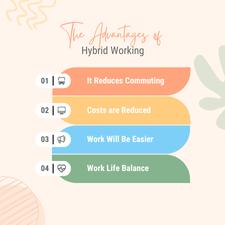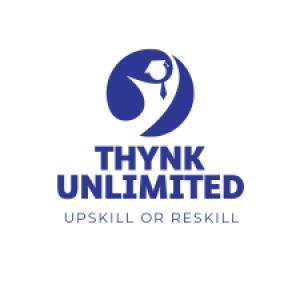
- nripage
- 06 Jun 2024 12:55 PM
- Workplace Insights
As organizations navigate the shift to hybrid work models, maintaining high levels of employee engagement and retention becomes crucial. A hybrid work environment, which combines remote and in-office work, offers flexibility but also presents unique challenges. Here are strategies to enhance employee engagement and retention in such settings.
1. Clear Communication and Collaboration Tools
Effective communication is vital for engagement in a hybrid environment. Implementing robust communication tools, such as Slack, Microsoft Teams, and Zoom, ensures seamless collaboration. Regular updates, virtual meetings, and clear channels for feedback help keep employees informed and connected.
2. Foster a Strong Organizational Culture
Building and maintaining a strong organizational culture in a hybrid work model requires intentional effort. Virtual team-building activities, social events, and recognition programs can help create a sense of community. Highlighting company values and fostering an inclusive environment where every employee feels valued is essential.
3. Flexible Work Schedules
One of the main advantages of a hybrid model is flexibility. Allow employees to have control over their work schedules to accommodate their personal lives. This flexibility can lead to higher job satisfaction and retention.
4. Focus on Employee Well-being
Support employees' mental and physical well-being by offering wellness programs, mental health resources, and encouraging regular breaks. Promoting a healthy work-life balance can prevent burnout and increase engagement.
5. Provide Opportunities for Growth and Development
Continuous learning and development opportunities are key to employee engagement. Offer online courses, webinars, and virtual workshops. Providing a clear career progression path helps employees feel valued and invested in the company's future.
6. Regular Feedback and Recognition
Frequent feedback and recognition are crucial for employee morale. Implement regular check-ins, performance reviews, and recognition programs to acknowledge employees' contributions. Publicly recognizing achievements fosters a positive work environment.
7. Inclusivity in Meetings and Decision-Making
Ensure that remote employees are included in meetings and decision-making processes. Use technology to facilitate virtual participation and create an inclusive atmosphere where all voices are heard and valued.
8. Strengthen Leadership and Management
Effective leadership is critical in a hybrid work environment. Train managers to lead remote teams, emphasizing empathy, active listening, and clear communication. Strong leadership can inspire and motivate employees, leading to higher engagement and retention.
9. Optimize the Physical Work Environment
For those working in the office, ensure the physical workspace is comfortable and conducive to productivity. Flexible seating arrangements, collaborative spaces, and necessary health and safety measures can enhance the in-office experience.
10. Measure and Adapt
Regularly measure employee engagement through surveys and feedback mechanisms. Use this data to adapt strategies and address any issues promptly. Continuous improvement based on employee input is key to maintaining high engagement levels.
Conclusion
Enhancing employee engagement and retention in a hybrid work environment requires a multifaceted approach. By prioritizing communication, fostering a strong culture, offering flexibility, supporting well-being, and providing growth opportunities, organizations can create a positive and productive work environment. Engaged and satisfied employees are more likely to stay with the company, contributing to long-term success in the evolving landscape of work.








































